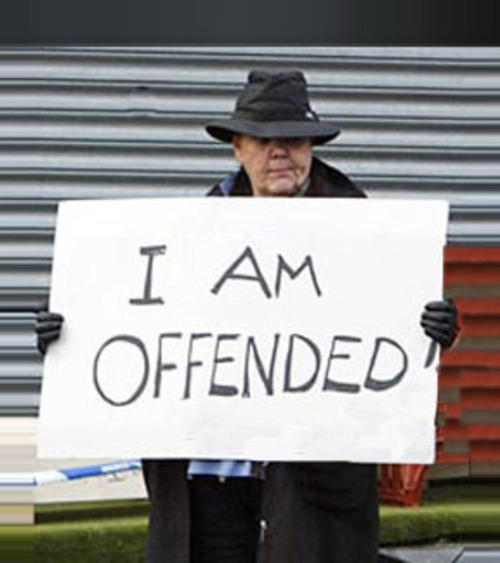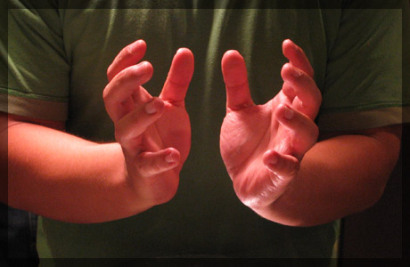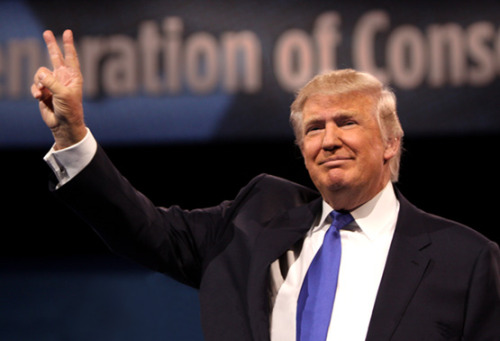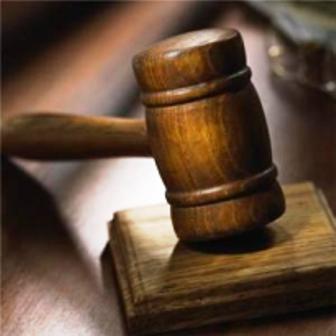Kitchen Sink Sermons
 Saturday, September 19, 2020 at 10:35AM
Saturday, September 19, 2020 at 10:35AM 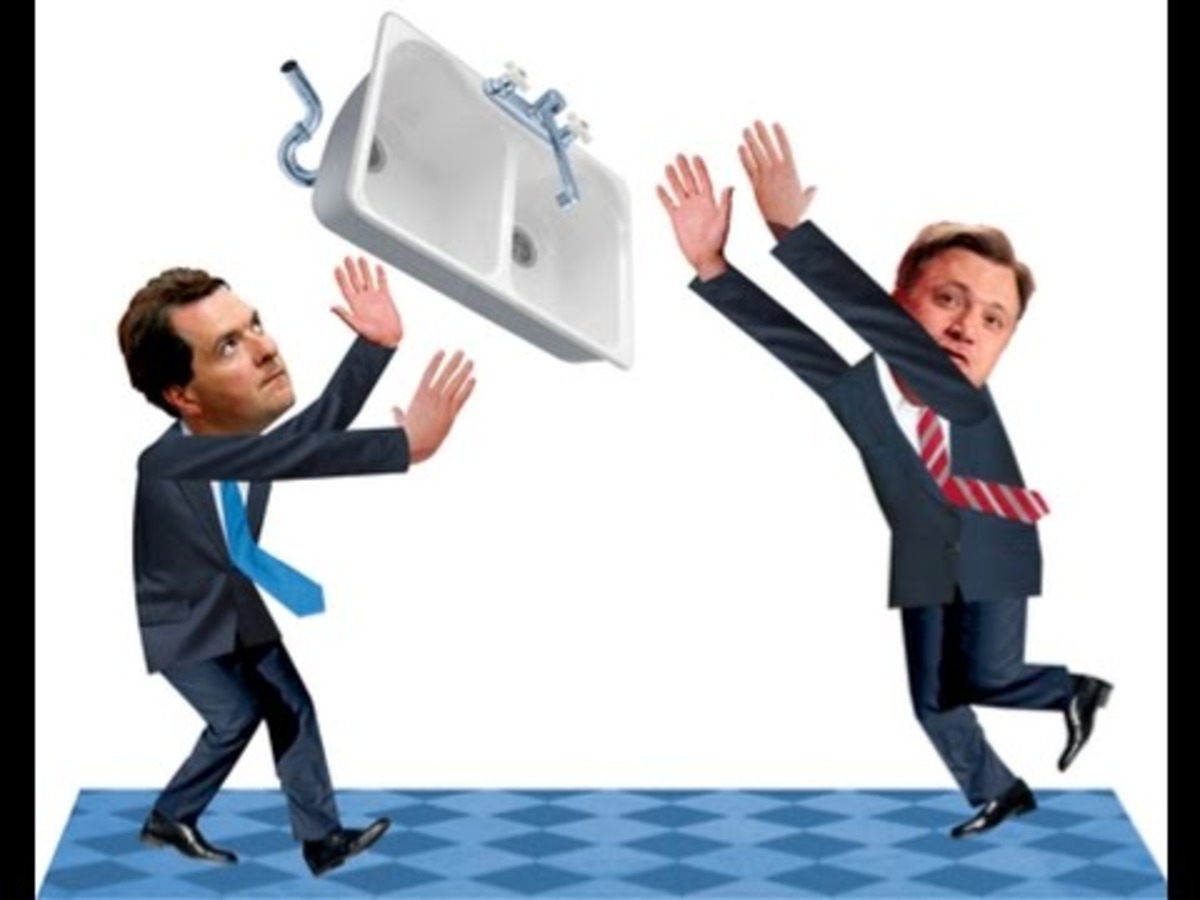 In clear contradiction to the popular cliché, “everything but the kitchen sink,” too many preachers throw in every kitchen sink they can find. Thus, instead of a highly focused laser beam, their message bathes the congregation in a virtual pandemic of blinding spotlights. If one Bible character reference is good, seven or eight is better. If one illustration is good, five or ten is better. If one wrap-up conclusion is good, three is surely better. A classic three-point message cannot possibly cover all the necessary ground; it takes at least ten to adequately do it justice. If three main points seems enough, then it must need a half-dozen subpoints under each heading. Why do they do this? Because they have way too many awesome thoughts and powerful punch lines to cheat the congregation out of any of them. And the sheer brilliance of the message mandates redundancy.
In clear contradiction to the popular cliché, “everything but the kitchen sink,” too many preachers throw in every kitchen sink they can find. Thus, instead of a highly focused laser beam, their message bathes the congregation in a virtual pandemic of blinding spotlights. If one Bible character reference is good, seven or eight is better. If one illustration is good, five or ten is better. If one wrap-up conclusion is good, three is surely better. A classic three-point message cannot possibly cover all the necessary ground; it takes at least ten to adequately do it justice. If three main points seems enough, then it must need a half-dozen subpoints under each heading. Why do they do this? Because they have way too many awesome thoughts and powerful punch lines to cheat the congregation out of any of them. And the sheer brilliance of the message mandates redundancy.
Many of today’s sermons resemble Sarah Winchester’s labyrinthine house in San Francisco. It is a 160-room, 24K square foot hideous spectacle of add-on after add-on, staircases going nowhere, doors that don’t open, useless rooms, facades that have nothing behind them, and a sense that there is no end in sight. Messages with no clear purpose, no specific call to action, no identifiable pathway from beginning to end, and no unified theme lose their audiences. They confuse rather than clarify, create chaos rather than give direction, and dampen down spirits rather than arouse them.
Somewhere, we have lost the purpose of the sermon. It has deteriorated to impressing people with the vast knowledge of the preacher; or regaling the audience with entertaining stories; or breaking every theological point down to its subatomic structure. (There is a psychiatric term for that last point.) A sermon is not to rehash the news, advocate for a political point of view, or pick a fight with a prominent member of the congregation with whom a difference of opinion exists. Too many sermons have been co-opted by apologies for specious or illegitimate points of view, corrupted to conform to an invalid attitude or an unbridled passion, or mismanaged to say the right thing for all the wrong reasons. It is little wonder that many people—including pastors—are dissatisfied with the growth and stability of their congregation.
The Apostle Paul declared, “For if the trumpet makes an uncertain sound, who will prepare himself for battle?” 1 Corinthians 14:8 (NKJV) The metaphor fits. The bugler can play a beautiful tune, but if he plays taps instead of reveille, or first call instead of to the colors, he invites the wrath of his commander. If he purses his lips in the wrong way, or if his lungs lack sufficient wind, the sound will be more like a sick whimper than a rousing blast. A sloppy trumpeter not only embarrasses himself, but he throws his whole platoon or company into chaos. A capable fighting force disintegrates into an errant mob if the sound is uncertain. Likewise, if the preacher is merely serving his personal agenda, or if he has no clue what he is doing to his congregation, or if he throws his thoughts together carelessly, his people will have no sense of purpose.
The Apostle Peter preached the first sermon after the inauguration of the church. It was a masterpiece that had a phenomenal impact on the hearers. He began with a Scriptural text, he then focused on glorifying the main character of the message, Jesus Christ. Finally, he prosecuted his case by charging his Jewish audience with the unlawful crucifixion of Jesus. We can judge the effectiveness of the message by the response from those who heard it. “Men and brethren, what shall we do?” It is quite possible that result astounded even Peter. Yes, the message was anointed, but it Peter presented in a simple, clear-cut, unencumbered manner. In the same way, a powerful sermon should include the following attributes:
1. Clear purpose.
2. Strong, understandable points.
3. One relevant Bible character as an example.
4. One, possibly two powerful illustrations.
5. Well-executed ending with a certain call to action.
The call to arms speeches by the great generals of the past illustrate the force of simple, understandable thoughts, and the economy of words. Here is the address of General Eisenhower to the troops of D-Day:
“Soldiers, Sailors, and Airmen of the Allied Expeditionary Force!
You are about to embark upon the Great Crusade, toward which we have striven these many months. The eyes of the world are upon you. The hope and prayers of liberty-loving people everywhere march with you. In company with our brave Allies and brothers-in-arms on other Fronts, you will bring about the destruction of the German war machine, the elimination of Nazi tyranny over the oppressed peoples of Europe, and security for ourselves in a free world.
Your task will not be an easy one. Your enemy is well-trained, well-equipped and battle-hardened. He will fight savagely.
But this is the year 1944! Much has happened since the Nazi triumphs of 1940-41. The United Nations have inflicted upon the Germans great defeats, in open battle, man-to-man. Our air offensive has seriously reduced their strength in the air and their capacity to wage war on the ground. Our Home Fronts have given us an overwhelming superiority in weapons and munitions of war, and placed at our disposal great reserves of trained fighting men. The tide has turned! The free men of the world are marching together to Victory!
I have full confidence in your courage, devotion to duty and skill in battle. We will accept nothing less than full Victory!
Good luck! And let us beseech the blessing of Almighty God upon this great and noble undertaking.”
And with that speech, the Allies entered the final stage of the war. Eisenhower did not deliver a slick performance, a deep dissertation, a nasty tirade, or a complicated oration. A simple, clear, clean sendoff sufficed to spur the troops on to victory over a formidable foe.
Having said all that, there will be times when you get on a roll, go crazy, and shoot from the hip. And guess what? The people will stick with you and pull even more out of you. The secret is that you make it a rare occasion when you indulge yourself in a wild and wooly session. If you do it all the time, you cause resentment and weariness. Don’t send your listeners into wasteful and hopeless circles. Don’t wear them out with endless and repetitive “one more thing” addendums. Don’t make their greatest accomplishment the fact that they endured to the end of the sermon. They don’t want or need the kitchen sink. Travel light. Send them straight forward into victorious battle!



